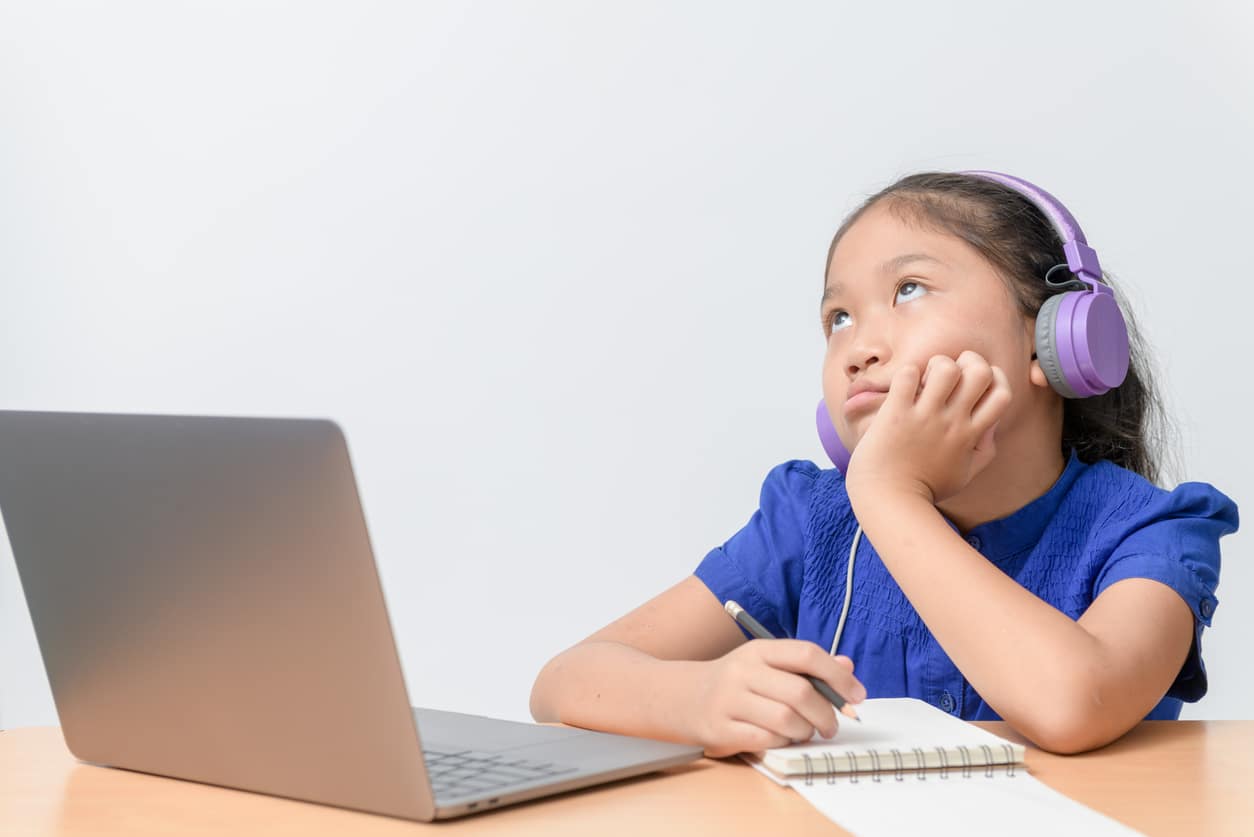Observing and Supporting Self-regulation, Social skills, and Student well-being

Social and Emotional Connectedness
Karen Niemi, President & CEO of Collaborative for Academic, Social, and Emotional Learning (CASEL), notes that “When physical distancing is deemed necessary, social and emotional connectedness is even more critical.” Many of you have been interacting with students for four, six, or even eight weeks, and are now thinking, “how do I observe and assess students’ self-regulation, social skills, and well-being as part of the Virginia Kindergarten Readiness Program (VKRP) given my school’s instructional mode this fall?”
Observing these behaviors may be more challenging than in typical years, and you may need more time to interact with and observe a student before feeling comfortable using the CBRS. In light of this need, VDOE has expanded the assessment term until November 19th to allow more time for you to engage with students and observe their behaviors regardless of mode of instruction. In some divisions that are currently offering only virtual instruction, there is still the possibility of a return to in-person instruction prior to the end of the VKRP term. We encourage you to leverage the extended fall term to get to know your students more closely before completing the CBRS.
Given the unique circumstances of this academic year, the CBRS includes an additional five new items that assess student well-being as well as questions regarding how instruction is delivered for each student. As a screening tool, the data gathered from the CBRS can help you provide targeted support in the areas of self-regulation and social skills, which can help shape your lesson planning to allow opportunities for student growth throughout the year.


Considerations in Completing the CBRS
How you observe the skills measured by the CBRS when instruction is 100% virtual will be very different compared to a typical in-person context. However, even within the online context, there are opportunities for students to attend to the lesson, regulate their behavior and emotions, and socially interact with you and their classmates. To help frame how you could use these observations, think about behaviors like taking turns when sharing a response to a question, listening to peers as they respond, engaging in certain behaviors upon your request, and waiting to get your attention when they have a question or want to respond to you or a peer. These behaviors can give you tremendous insight into students’ skill levels in these areas targeted by the CBRS items.

If you have difficulty rating an item, or if you feel you’ve had few opportunities to observe the specific student behavior, do your best to rate that item and then use the following language in the text field at the end of the assessment: “I did not have ample opportunity to observe this student and am uncertain of my ratings on the following items: (and list the item numbers).” Using this specific language will help the VKRP team analyze the information in the text fields and to note which CBRS items may have been particularly challenging to observe in light of the instructional format.
Additionally, more caregivers are involved with students during virtual instruction. Their presence can potentially hinder your ability to see a student’s actual skill level during online interactions. In light of this, take advantage of the longer time frame for observations. Once children are familiar with the technology and routine, they may gain independence to interact on their own. If a caregiver’s involvement in instruction and interactions interferes with your ability to rate any items on the CBRS, you should make specific note of this in the text field at the end of the measure, “I did not have ample opportunity to observe this student and am uncertain of my ratings on the following items: (and list the item numbers).”

While we are mentioning caregivers, we acknowledge that communication with the adults in students’ lives is hugely important. However, we caution against asking caregivers to complete the CBRS or using their reports of student’s behaviors for your completion of the measure. As you know, sometimes the way a student behaves with a parent present is not indicative of independent behavior levels. The observations for rating the skills of a student should be yours; however, conversations regarding a student’s ability to use self-regulation and social skills can help you and caregivers collaborate on how to best support the student’s continued development of these skills.
We want you to know that we are here for you through this unusual time in education. We are always available to explore solutions to these challenges as they arise and to listen to your concerns. We are all in this together!
NOTE: Additional guidance for observing and completing the CBRS will be added to the VKRP Fall Program Manual soon, which can be downloaded within the VKRP web portal. We will alert VKRP Division Contacts when updates to the manual are made.
More questions? VKRP provides support via the online chat feature when you are in the system, via email vkrp@virginia.edu, and via toll free 866-301-8278 ext. 1

